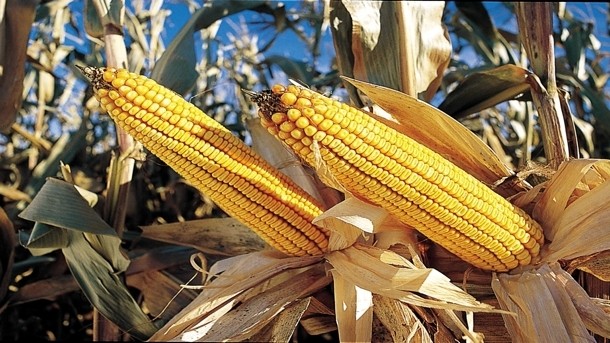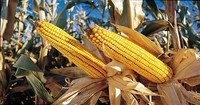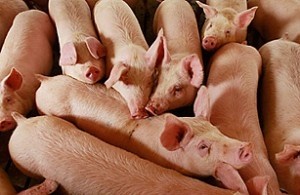New corn policy could prompt shift in Chinese agri-production

As a direct result of the current policy, a trifecta of high output, high imports and high inventory means that China now possesses 250m tonnes in corn reserves, costing the country more than US$10bn each year for protection and storage.
Meanwhile, falling international corn prices prevent effective de-stocking, according to commodities analyst CCM.
This is further exacerbated by a gulf between domestic corn purchase prices—US$307 per ton—and international prices of US$191 per ton.
The new policy was born last year, when China announced plans to cut the amount of land used for corn cultivation by 1.3m hectares over the next two years in northeastern provinces.
“The new policy is aimed at dealing with high corn inventory levels and soil eutrophication,” said Yu Xinrong, China’s deputy minister of agriculture, at the time.
If a new “market-orientated purchase and subsidy” policy were to come into force to replace the old system, CCM believes that the government might face an awkward decision on how to offer subsidies to established Chinese corn farmers.
But in the long-term, the new policy provides a necessary step towards a healthy corn industry, and even extends as far as China’s wider agricultural structure.
It shows the determination of China’s government to make full use of commodity prices, which are seen as the most effective weapon for resource allocation It is also a strong signal that Beijing will respect market discipline and observe the real relation between supply and demand as it formulates its policies.
There is no doubt that corn deep-processing industries will also be significantly affected if corn prices are set by the market.
The corn-feed industry should rebound through larger demand for meat, eggs and milk due to last year’s removal of the single-child policy and the progress of urbanisation.
Moreover, a drop in the price of corn will spell good news for the beleaguered pig breeding industry, for which spending on corn feed accounts for around 70% of its overall costs, according to CCM figures.
The falling price of corn will also accelerate the integration of sugar starch industry, which witnessed a 4% drop in the market price of high-fructose corn syrup last year to US$495 per ton—a five-year low.
“Currently, China’s sugar starch industry is over capacity,” CCM reported. “In 2015, the total capacity of China’s starch sugar was approximately 19.8m tonnes while production stood at around 12m tonnes. Obviously, the capacity utilisation of 60% is not so optimistic.”
As a result of this, the analyst expects a number of mid- and small-scale sugar starch enterprises to go bankrupt while big companies will benefit from lower costs.
A new corn policy may also advance the use of ethanol as fuel in China, with the Chinese government in a position to offer subsidies and tailor its policies to related businesses as an alternative means to work down the country’s high corn inventory.
Besides deep-processing industries, China’s planting structure is expected to be reshaped in the next few years.
Whereas farmers in the country’s northeast currently prefer to plant corn due to its high state purchase price, a new policy that delivers falling prices could see them turn to soybean, rice or wheat instead.















